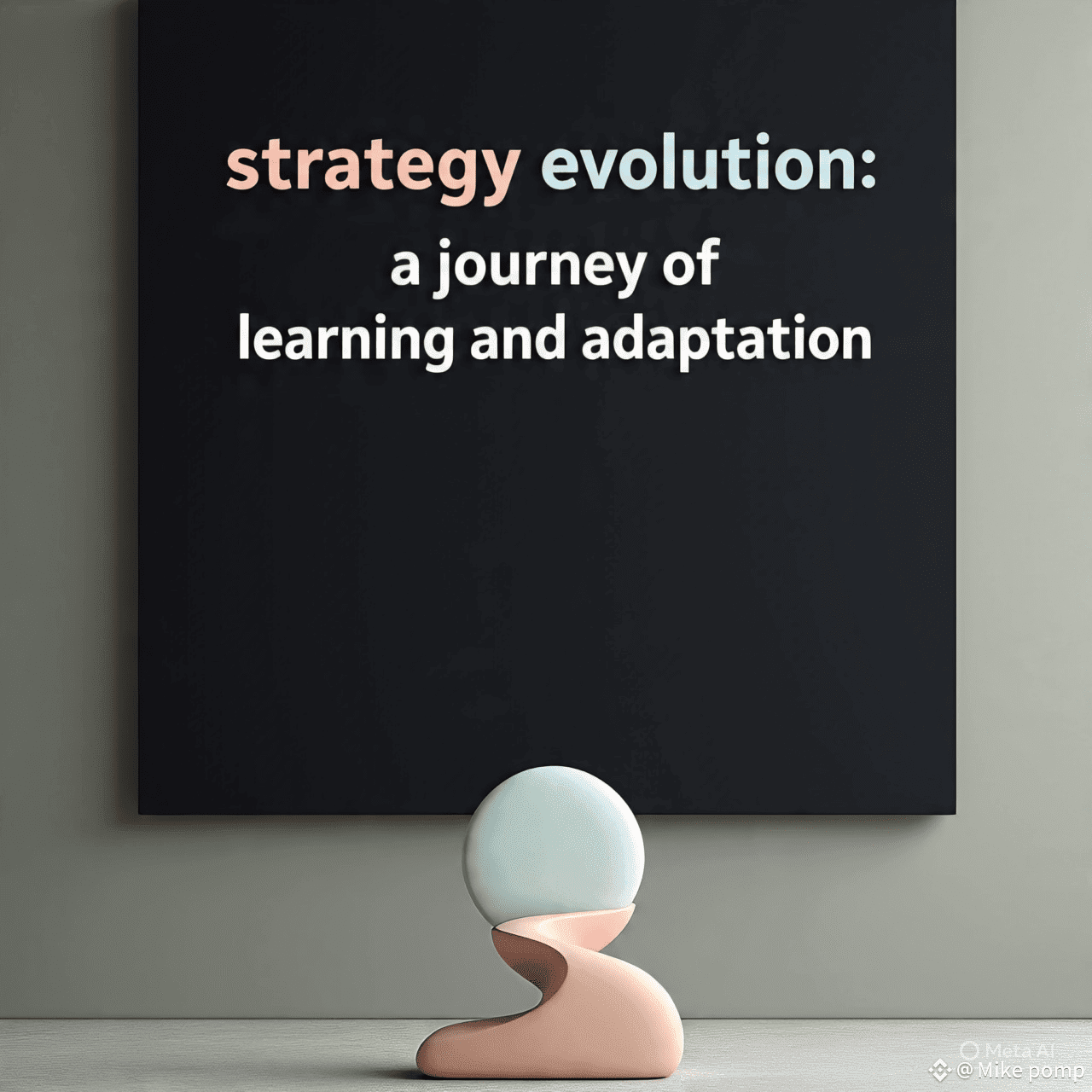

Every significant undertaking, whether in business, personal growth, or even a hobby, benefits from a well-thought-out strategy. But what's even more crucial than the initial plan is the ability to evolve that strategy as you learn and adapt to new information and changing circumstances. My own journey in [mention your field/project/area of focus, e.g., "digital marketing," "software development," "fitness training," "entrepreneurship"] has been a testament to this continuous process of learning and adaptation.
From Blueprint to Battlefield: The Initial Strategy
When I first embarked on [briefly describe the beginning of your journey/project], I meticulously crafted a strategy. It was based on [mention what it was based on, e.g., "industry best practices," "extensive research," "my previous experiences"]. I envisioned [describe your initial expectations/goals]. This initial blueprint served as my guide, providing direction and a sense of purpose.
The Inevitable Pivots: Learning from Reality
However, as anyone who's ever launched a project knows, reality rarely aligns perfectly with even the most detailed plans. Soon, I encountered [describe a specific challenge or unexpected outcome]. This wasn't a setback; it was a learning opportunity. It forced me to re-evaluate my assumptions and question the efficacy of certain elements of my strategy.
For instance, [give a concrete example of a specific strategic change]. This pivot wasn't easy; it required [mention what it required, e.g., "letting go of preconceived notions," "investing more time in analysis," "having difficult conversations"]. But the outcome was undeniable: [describe the positive result of this pivot].
The Power of Iteration: Small Changes, Big Impact
My journey has taught me the immense power of iteration. It's not about making one grand, sweeping change, but rather a series of smaller, calculated adjustments. Each tweak, each refinement, is informed by new data, feedback, and insights gained from being "in the trenches."
I've adopted a [mention your approach, e.g., "test-and-learn," "agile," "data-driven"] approach, constantly monitoring [what you monitor, e.g., "key metrics," "user feedback," "market trends"]. This allows me to identify what's working, what's not, and where new opportunities lie. It's about being nimble and responsive, rather than rigidly adhering to a plan that may no longer serve its purpose.
The Ongoing Journey: Embracing Continuous Evolution
My strategy evolution is an ongoing journey, not a destination. The landscape of [your field/project area] is constantly shifting, and what works today might be obsolete tomorrow. I've learned to embrace this fluidity and view challenges not as roadblocks, but as catalysts for innovation and improvement.
This continuous process of learning and adaptation has not only led to [mention a positive outcome, e.g., "greater success," "more efficient processes," "deeper understanding"] but has also cultivated a mindset of resilience and continuous improvement. I'm excited to see how my strategy will continue to evolve as I encounter new challenges and opportunities.
What has been a key learning in your own journey of strategy evolution? Share your insights in the comments!#MyStrategyEvolution